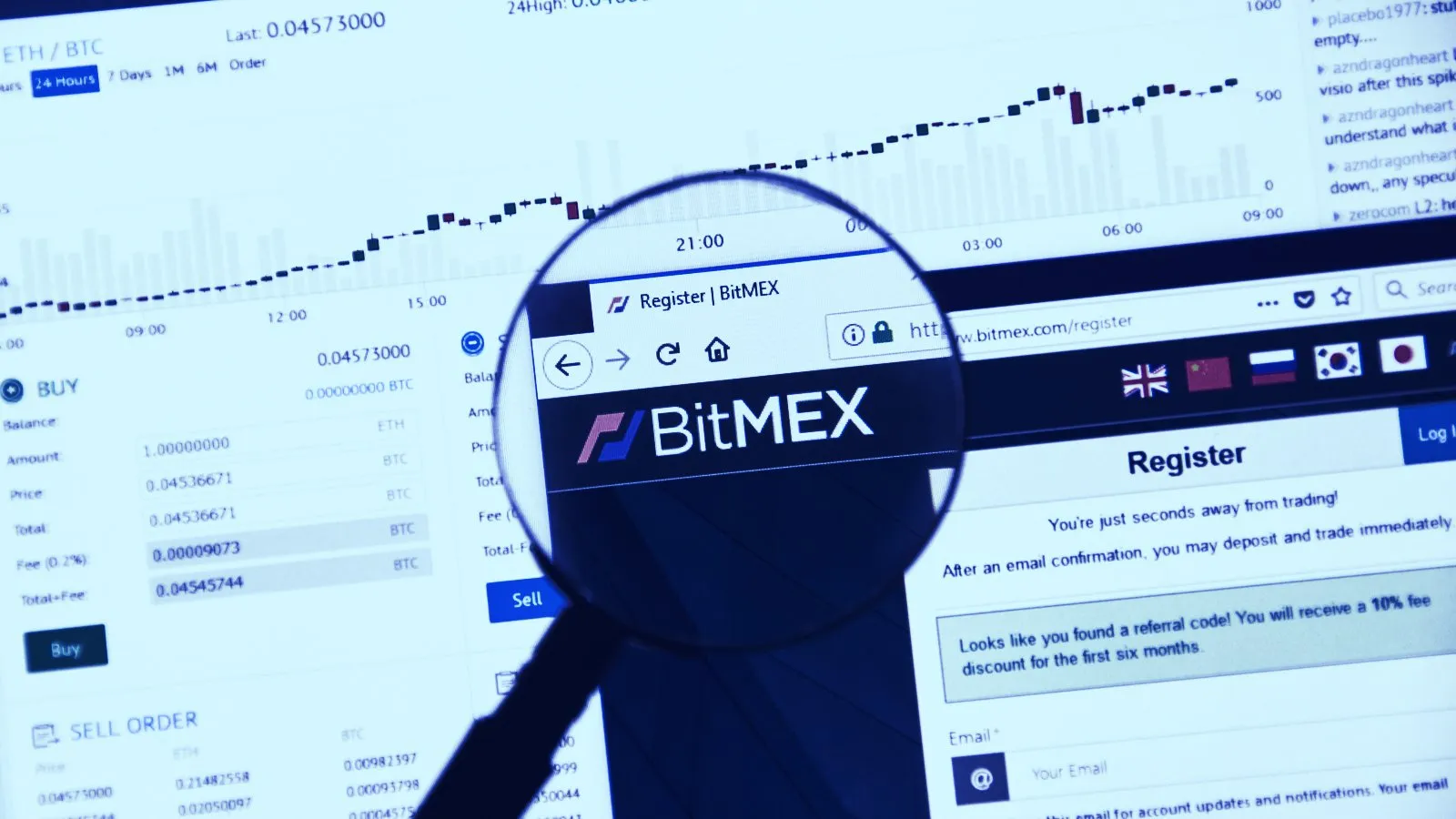|
Getting your Trinity Audio player ready...
|
BitMEX, a leading derivatives platform, pleaded guilty on Wednesday to violating the Bank Secrecy Act (BSA) according to a statement from the U.S. Attorney’s Office for the Southern District of New York. The charges stem from BitMEX’s willful failure to establish and maintain an adequate anti-money laundering (AML) program, a requirement for financial institutions operating in the United States.
“As BitMEX’s founders and a long-time employee admitted in court, the company lacked a meaningful AML program despite being a major player in the crypto derivatives market from 2015 to 2020,” stated Damian Williams, U.S. Attorney for the Southern District of New York.
BitMEX’s legal troubles in the U.S. stretch back to at least 2022. In late 2022, prosecutors sought a one-year probation sentence for Greg Dwyer, BitMEX’s former head of business development, for violating the BSA. Earlier that year, BitMEX co-founder Arthur Hayes received a six-month home detention sentence after pleading guilty to the same charge.
“By neglecting AML protocols, BitMEX opened itself up to exploitation for money laundering and sanctions evasion,” Williams warned in Wednesday’s statement. “This plea underscores the crucial role of AML compliance in cryptocurrency companies seeking to operate within the U.S. market.”
Founded in 2014, BitMEX actively solicited business from U.S. traders and maintained offices within the country. This presence, according to the U.S. Attorney’s Office, obligated BitMEX to register with the Commodity Futures Trading Commission (CFTC) and implement a proper AML program.
The guilty plea carries a maximum penalty of five years imprisonment and a fine.
This case isn’t isolated. Changpeng Zhao, former CEO of Binance, the world’s largest cryptocurrency exchange, recently began a four-month federal prison sentence in California after admitting to similar AML compliance failures at Binance in late 2023.
BitMEX’s guilty plea serves as a stark reminder of the increasing scrutiny cryptocurrency companies face from U.S. regulators. As the industry continues to evolve, robust AML compliance will likely be a cornerstone for any exchange seeking legitimacy and access to the lucrative U.S. market.
Disclaimer: The information in this article is for general purposes only and does not constitute financial advice. The author’s views are personal and may not reflect the views of Chain Affairs. Before making any investment decisions, you should always conduct your own research. Chain Affairs is not responsible for any financial losses.
I’m your translator between the financial Old World and the new frontier of crypto. After a career demystifying economics and markets, I enjoy elucidating crypto – from investment risks to earth-shaking potential. Let’s explore!



